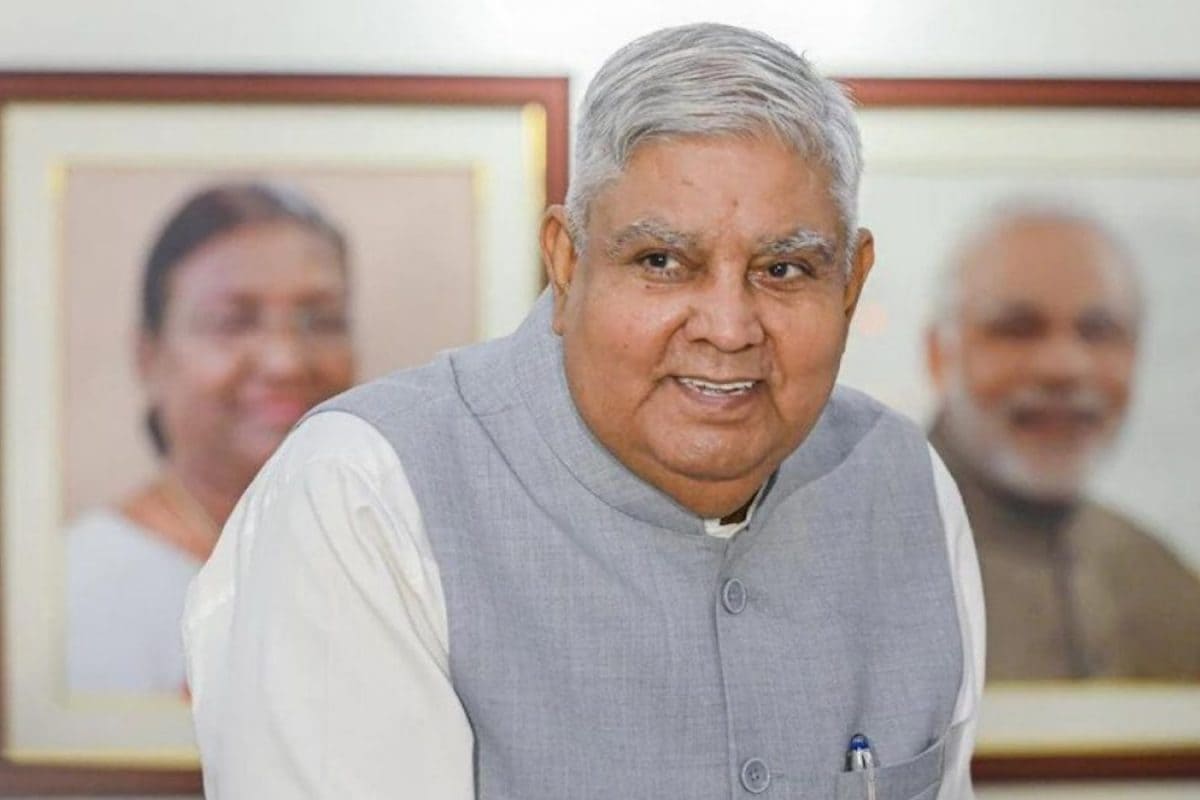

Vice President Jagdeep Dhankhar has reignited a debate surrounding the Preamble to the Indian Constitution, asserting that while the Preamble itself is unchangeable, the addition of the words "socialist," "secular," and "integrity" during the Emergency in 1976 represents a "festering wound". Dhankhar's remarks, made at a book launch event in New Delhi, follow calls from the Rashtriya Swayamsevak Sangh (RSS) to review these terms, arguing that they were not part of the original Constitution drafted by B.R. Ambedkar.
Dhankhar emphasized that the Preamble serves as the "seed" and "soul" of the Constitution, highlighting its foundational importance. He pointed out that India is unique in having altered its Preamble, a move he characterized as a "travesty of justice". He questioned the propriety of amending the Preamble during the Emergency, a period marked by restrictions on civil liberties and the jailing of opposition leaders. Dhankhar further said that the addition of the words during the Emergency signals betrayal of the mindset of the framers of the Constitution and it is nothing but belittling the civilizational wealth and knowledge of this country for thousands of years.
The 42nd Amendment Act of 1976, enacted during the Emergency under Prime Minister Indira Gandhi, is a significant point of contention. This amendment not only added "socialist," "secular," and "integrity" to the Preamble but also made numerous other sweeping changes to the Constitution, leading to it being dubbed a "Mini Constitution". While subsequent governments reversed many of the 42nd Amendment's provisions, these three words in the Preamble remained.
The inclusion of "socialist" and "secular" has been a subject of debate for decades. Proponents argue that these terms enshrine important values of social justice and equality, reflecting India's commitment to these principles. Critics, however, contend that these concepts are Western in origin and do not align with India's civilizational ethos. Some also argue that these terms were inappropriately inserted during a period of political repression.
The Supreme Court of India has addressed the question of the Preamble's amendability in several landmark cases. In the Kesavananda Bharati case of 1973, the Court affirmed that the Preamble is a part of the Constitution and can be amended under Article 368, which outlines the procedure for amending the Constitution. However, the Court also established the "basic structure" doctrine, stipulating that no amendment can alter the fundamental features of the Constitution.
Despite calls for their removal, there has also been a defense of the current Preamble. In 2015, Amit Shah, then president of the BJP, stated that the party believed the Preamble should remain as it is, signaling a reluctance to alter it. However, the recent remarks by Vice President Dhankhar and the RSS's renewed push for a review suggest that the debate is far from over.
The Preamble to the Indian Constitution encapsulates the fundamental values and objectives of the nation. It serves as a guiding light for interpreting the Constitution and reflects the aspirations of the Indian people. The ongoing debate surrounding the inclusion of "socialist," "secular," and "integrity" underscores the complex and evolving nature of India's constitutional identity and the diverse perspectives on its core principles.